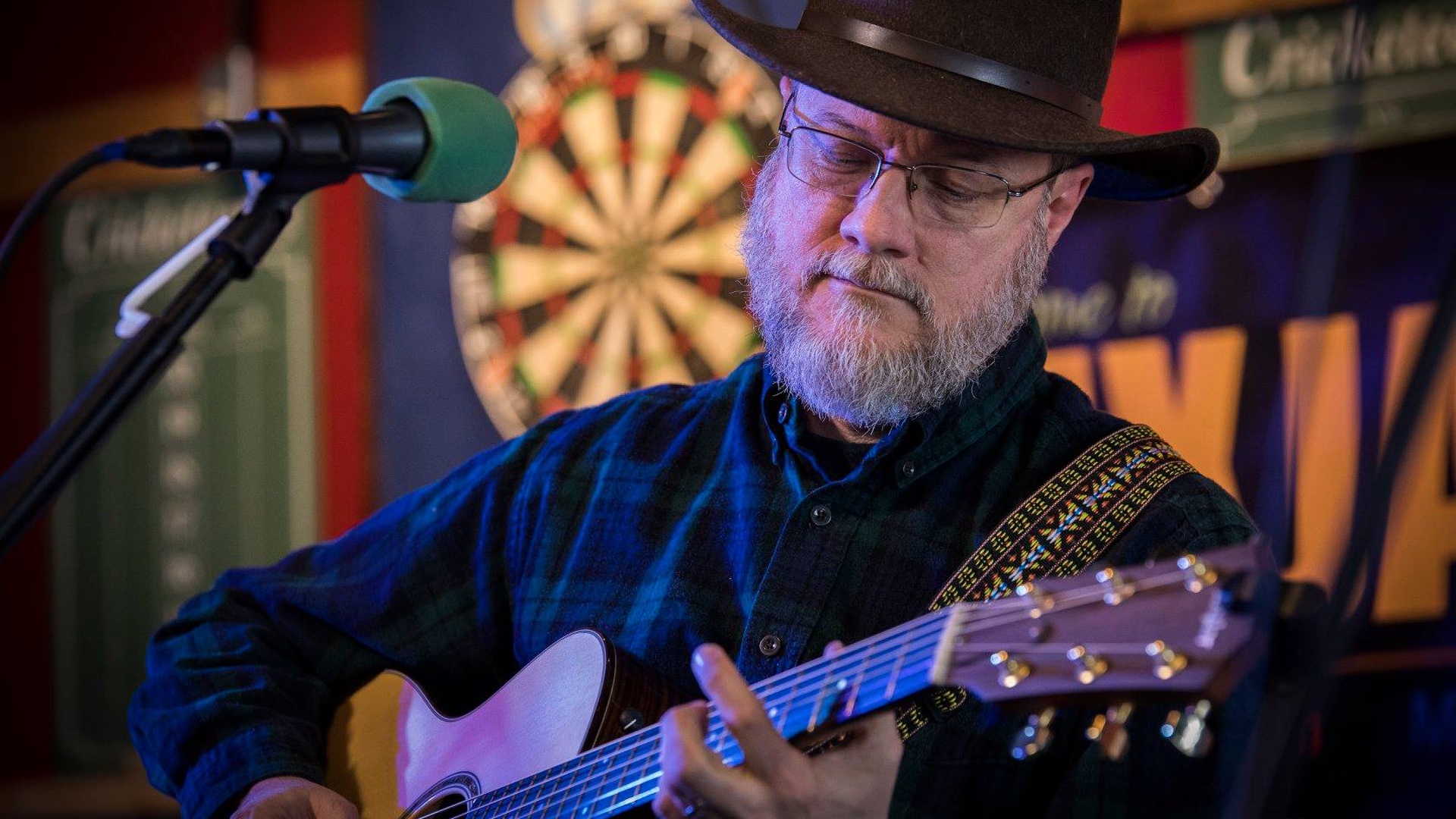 We hung around backstage and listened to the other contestants as they played. It was a way of supporting one another, and yes, the temptation was there to draw comparisons. However, the opportunity to listen to one another also kept us back there.
We hung around backstage and listened to the other contestants as they played. It was a way of supporting one another, and yes, the temptation was there to draw comparisons. However, the opportunity to listen to one another also kept us back there.
Some songs were repeated as different contestants happened to select the same numbers to perform. Those of us who played “Farewell My Bluebell” got to hear how the others played it, for example. It was the same with “Saturday Night Shuffle” and a few other selections. We got to hear the little nuances that each person brought to the song. It was an opportunity for each of us to learn.
Learning has a technical component. We do have to practice fundamentals and skills. We may learn a song by having someone show us note for note and chord for chord how it goes. However, we also learn in community. We can learn more about our own playing simply by listening to others, listening to hear and understand, not to copy or imitate. As we listened backstage, we did not record for later transcription. We heard, and we learned.
Styles of music and performers influence one another because people choose to listen. When I listen to other people play, I hear their interpretations, their rhythms, their phrasing, their little improvisations around the melody. In order to copy them, I’d have to interrupt to ask, “Show me how you do that.” However, by listening to hear and understand, I get to take in the whole of what they’re doing and appreciate how it fits together and how it’s appropriate to them.
Those details and nuances may well settle into one of the musical file drawers in my brain. Then on some unexpected evening in my living room, some of that influence might come out through my own fingers. When it does, it will slip out easily, almost unnoticed, in a way that’s appropriate to me.
In the pursuit of music, listening is as important as practice. Becoming a musician requires much more than acquiring technical skill.
